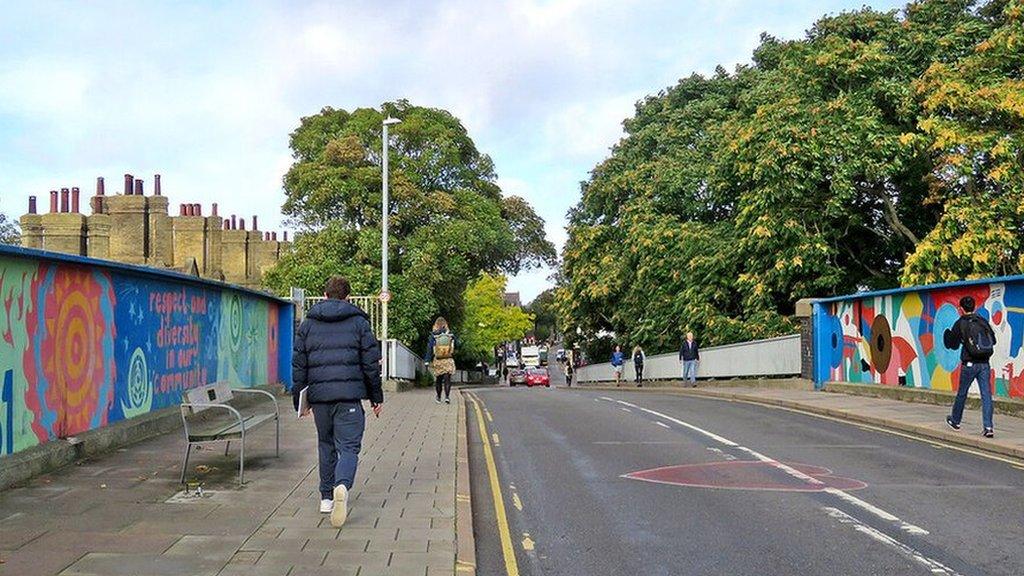Traffic restrictions to be introduced on city bridge
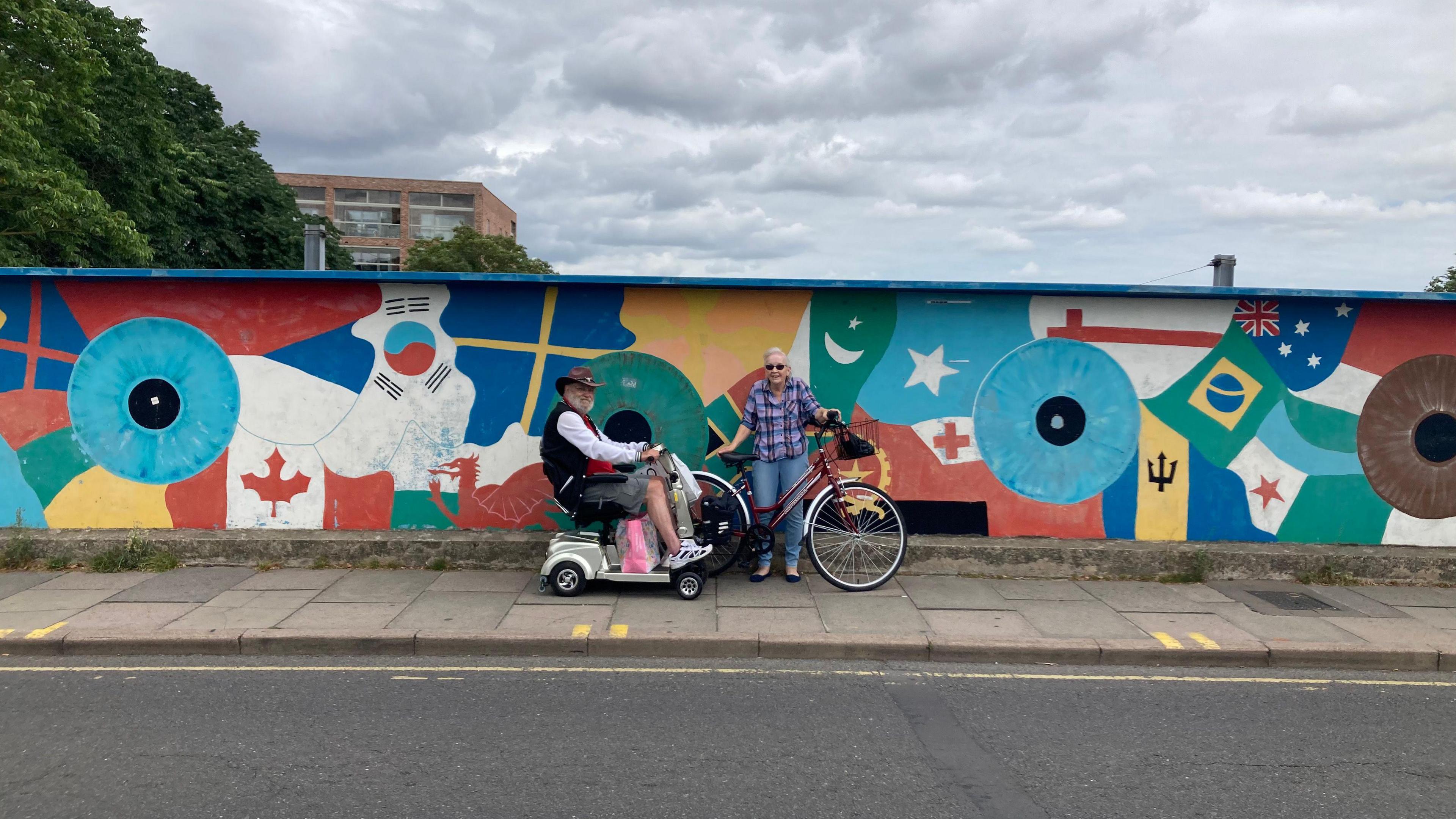
The council said the bridge closure not apply to cyclists, pedestrians, emergency vehicles, buses and taxis
- Published
A council has approved plans to introduce traffic restrictions on a city bridge.
Most motorised vehicles including private cars will not be able to drive across the bridge on Mill Road, Cambridge.
Members of a special highways and transport committee, external at Cambridgeshire County Council agreed to proceed with the scheme, where only pedestrians, cyclists and some vehicles would be exempt.
The council had previously been challenged by a local campaign group when it wanted to introduce the restrictions.
Henry Batchelor, chairman of the council committee, said: "We agreed restricting most of the traffic over the bridge would be beneficial and give local people most improvements."
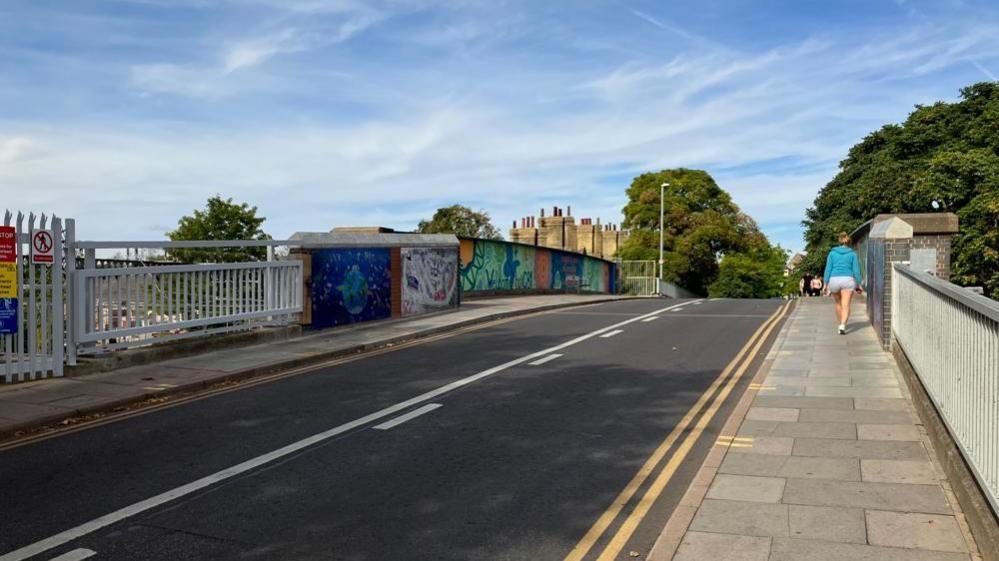
The bridge, which has shops, businesses and pubs on either side of it, will have a bus gate installed
The bridge will now be closed to all motor vehicles except buses, emergency services, taxis and blue badge holders' registered vehicles.
In 2022, the Greater Cambridge Partnership carried out a consultation which saw 72% of respondents supporting the decision.
The closure will be implemented using a bus gate and disabled drivers will need to register their vehicles for exemption.
It will be enforced with automatic number plate recognition (ANPR) cameras.
Non-exempt vehicles will have a month to register their vehicles online after receiving a warning notice.
The bridge has been closed to traffic for various reasons in recent years including maintenance work by Network Rail and during the Covid-19 pandemic to assist with social distancing restrictions.
However, after the council wanted to impose a traffic regulation order, this was opposed by campaign group, Friends of Mill Road Bridge, which claimed it would damage trade at the street's shops.
Mr Batchelor said: "There has been a lot of engagement on this project and whilst this was not an easy decision, we agreed restricting most of the traffic over the bridge would be beneficial and give local people most improvements."
The council said it was exploring walking and cycling improvements along the road including additional cycle parking, signage and decluttering the highway.
Analysis by Emma Howgego, BBC Cambridgeshire political reporter
Friday's meeting heard from 20 public speakers, all of whom had personal and passionate reasons for either supporting the order or opposing it.
Among supporters of the restrictions people spoke of a desire to create a safer Mill Road, with fewer cars and lower air pollution. One woman with asthma spoke of her struggles, and parents said they had been fearful about about young children walking to school.
Those against the restrictions argued the scheme would displace traffic to other parts of the city, affect some businesses and make it difficult for people with caring responsibilities.
One woman with limited mobility said she lived on one side of the bridge, with her disabled son living the other side. She said she had to drive over the bridge several times a day to care for him.
The normal committee members were completely replaced, to ensure that no councillors previously involved in the decision-making were involved.
A recorded decision was made with nine members of the joint administration, made up of Liberal Democrats, Labour and Independents, voting in favour of the proposals and the five Conservative members voting against it.
Get in touch
Do you have a story suggestion for Cambridgeshire?
Follow Cambridgeshire news on BBC Sounds, Facebook, external, Instagram, external and X, external.
Related topics
- Published9 August 2024
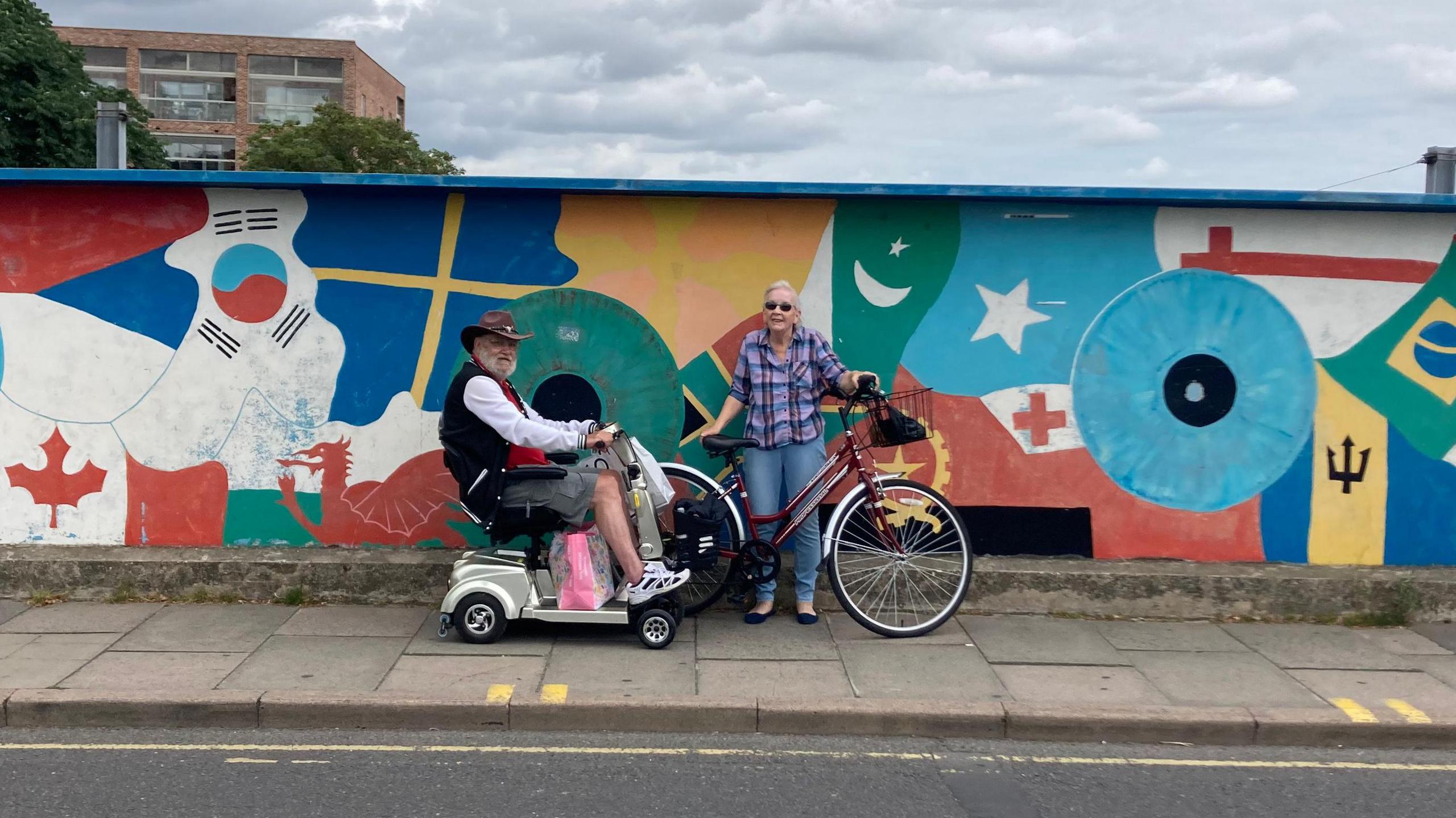
- Published7 August 2024
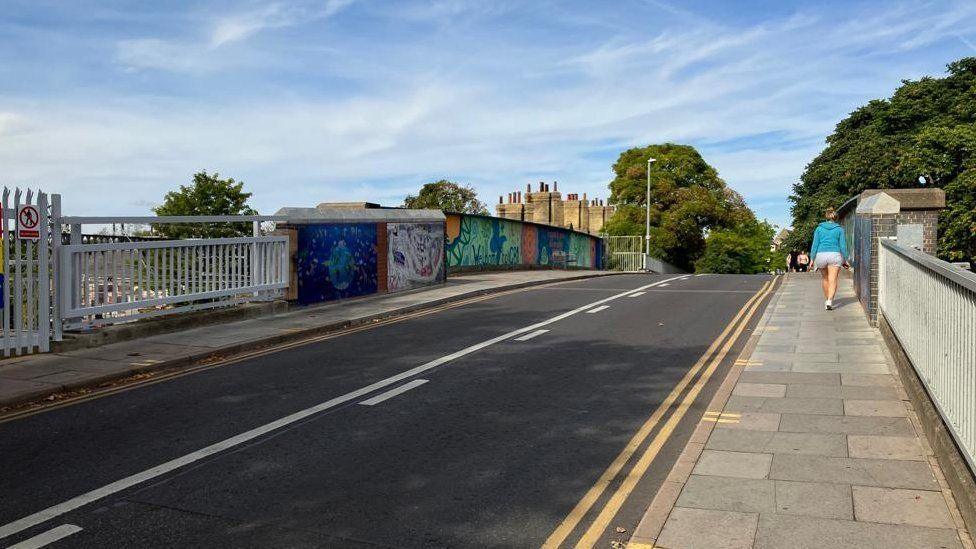
- Published29 August 2023
